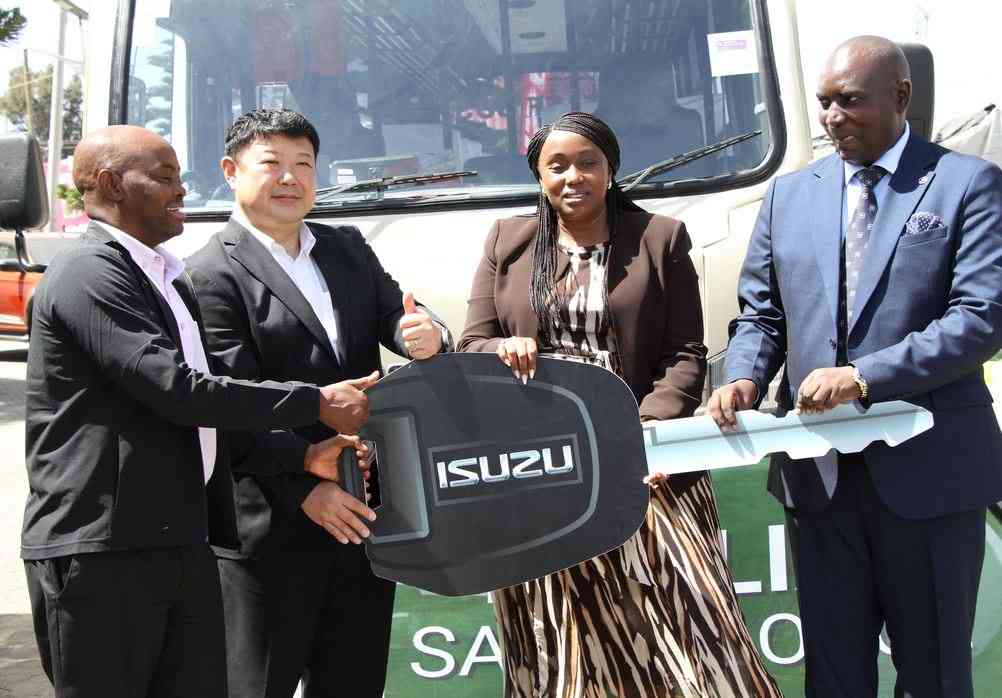×
The Standard e-Paper
Stay Informed, Even Offline
Kenyan taxpayers have lost billions of shillings in the government’s Managed Equipment Services (MES) programme, a new report has shown.
The MES programme was introduced in 2015 as a means of providing crucial infrastructures, such as dialysis machines and MRI scanners, to two hospitals per county and four national referral hospitals.







